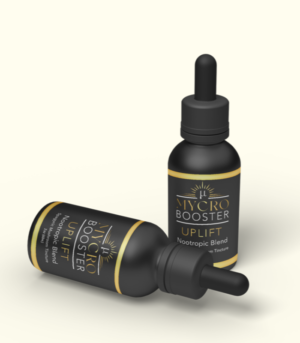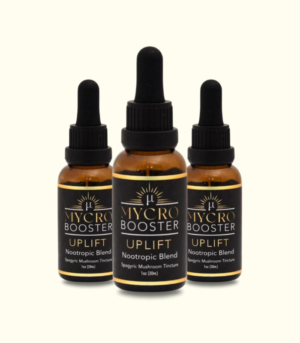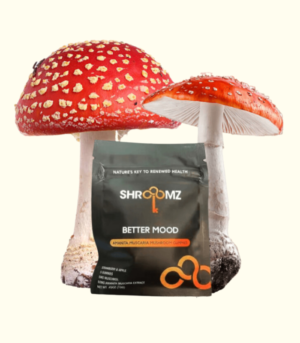In recent years, microdosing has gained considerable attention as a tool to improve cognitive performance. From Silicon Valley entrepreneurs to creative professionals like artists, many are exploring sub-perceptual doses of psychedelics, such as psilocybin, to enhance focus, creativity, and emotional balance.
The objective? To boost brain function without experiencing the hallucinogenic effects associated with full psychedelic doses. But can microdosing truly offer a competitive edge in fast-paced, innovation-driven industries? Let’s examine this emerging practice’s potential benefits—and limitations.
What is Microdosing and How Does it Work?
Microdosing involves taking very small doses of psychedelics—typically around 1/10th to 1/20th of a standard dose—so the user does not experience strong psychoactive effects. Common substances used for microdosing include psilocybin (the active compound in magic mushrooms) and LSD.
Proponents claim that microdosing offers various cognitive advantages, such as enhanced focus, creativity, and problem-solving capabilities, all without the mind-altering effects of a full dose.
Microdosing in the USA: Legal Status and Considerations
A crucial aspect of microdosing is its legal status. In the USA, psychedelics like psilocybin and LSD are classified as Schedule I drugs, making them illegal under federal law. However, the legal landscape is shifting in some states, such as Oregon and Colorado, where psilocybin has been decriminalized or legalized for specific purposes.
Professionals considering microdosing must be aware of these legal risks, particularly in workplace environments with strict drug policies, as microdosing could jeopardize their careers if detected.

Key Benefits of Microdosing for Professionals
Microdosing has been associated with various advantages that could offer professionals a competitive edge. Below are some of the most frequently cited benefits:
1. Improved Focus and Creativity
One of the primary reasons professionals turn to microdosing is for its potential to improve focus and creativity. Those in creative fields like design, marketing, and software development often report that microdosing helps them think divergently, encouraging the generation of new and innovative ideas.
This kind of out-of-the-box thinking can be an invaluable asset in industries where innovation is essential for staying competitive. Moreover, microdosing enhances focus, enabling users to concentrate on tasks for extended periods—an important factor in fast-paced environments where productivity is key.
2. Enhanced Emotional Regulation and Stress Management
In high-stakes environments like corporate boardrooms or entrepreneurial ventures, emotional regulation is critical. Microdosing has been reported to help manage stress and anxiety, fostering a sense of calm and emotional balance.
This emotional resilience is especially valuable for leaders and individuals in positions of responsibility, as it helps maintain clear-headed decision-making during high-pressure situations.
3. Improved Problem-Solving Abilities
Microdosing is said to improve problem-solving by enhancing cognitive flexibility—the ability to approach challenges from new perspectives. This flexibility is particularly useful in fields requiring complex analysis, such as engineering, law, and finance, where innovative solutions can provide a distinct advantage.
Improve Your Problem-Solving Through Microdosing
Limitations of Microdosing: What the Science Says
While anecdotal evidence is compelling, it’s essential to recognize that scientific research on microdosing remains in its early stages. Much of what is currently known comes from personal testimonials rather than rigorous clinical studies. While some research suggests potential benefits, other studies argue these effects may be largely due to the placebo effect.
Conclusion
Microdosing offers promising cognitive and emotional benefits that may provide a competitive advantage in high-stress, innovation-driven industries. However, it is essential to approach this practice cautiously. Legal considerations, workplace policies, and the ongoing nature of scientific research should all be weighed before integrating microdosing into a professional routine.
As research progresses, we may gain a clearer understanding of whether microdosing truly has the power to enhance performance sustainably. For now, those considering microdosing should seek guidance from healthcare professionals and remain informed of the legal landscape in their region.










